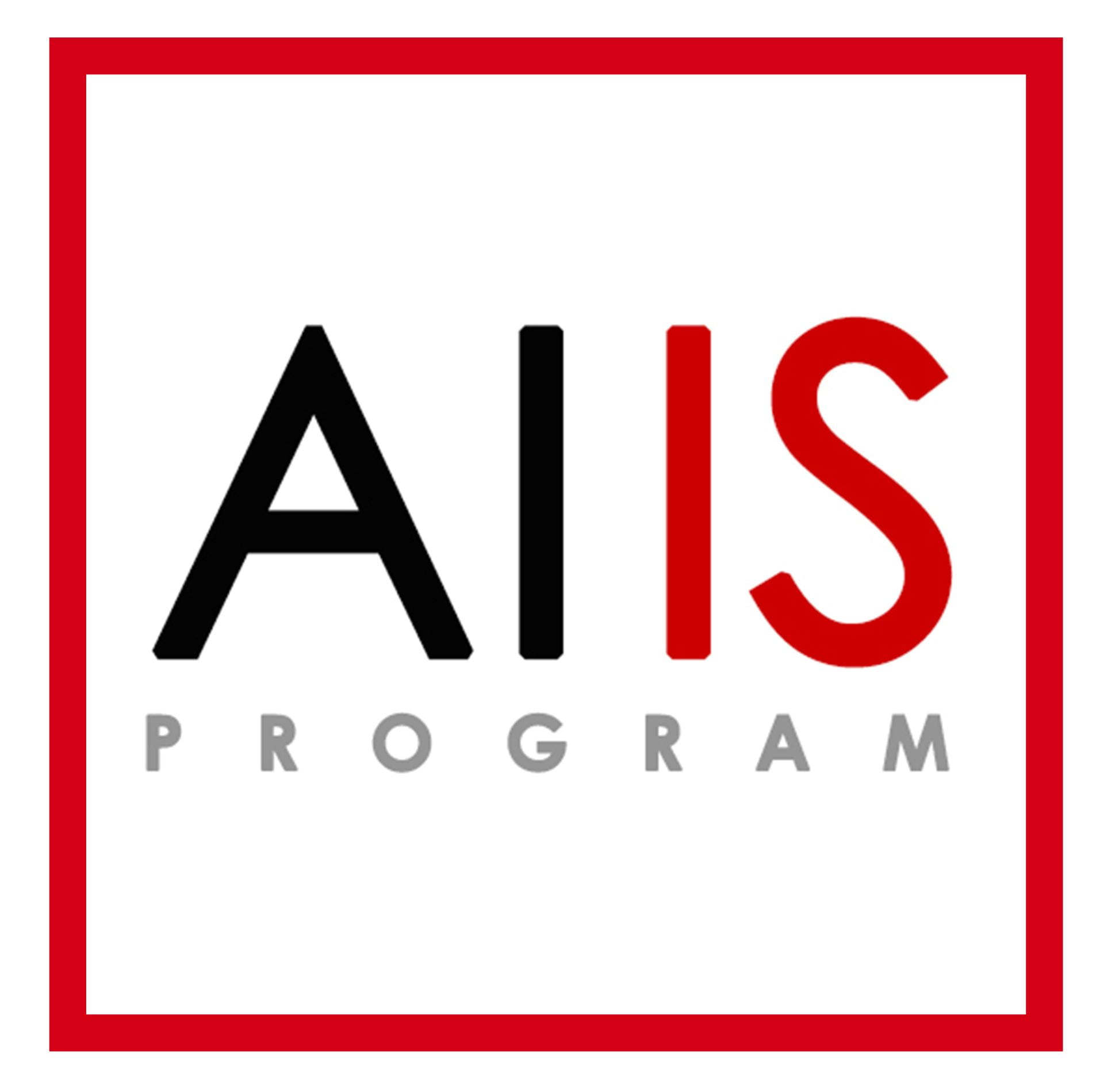Jonathan T. Butcher is currently a Professor and the Associate Director and Director of Undergraduate Studies at Cornell’s Meinig School of Biomedical Engineering.
Professor Butcher’s research initiative focuses on understanding the roles of mechanical forces in shaping cardiovascular morphogenesis and adult disease with an emphasis on heart valves. His long-term objectives are to use developmental paradigms to discover novel disease paradigms and regenerative strategies. There are three research thrusts:
- Cardiovascular developmental mechanobiology. We are working to understand the complex engineering that drives the formation and function of the embryonic heart and its valves. We are developing novel animal models of defective cardiogenesis and valvulogenesis using microsurgical and genetic approaches. We then quantify how the local biomechanical and hemodynamic environment is altered as well as downstream morphogenesis. We have developed novel microscale biomechanical testing devices for embryonic soft tissues, as well as novel imaging methods using Micro-computed tomography and ultrasound. We also conduct computational simulations of hemodynamic and mechanics using anatomically precise geometries of normal and malformed hearts. Finally, we apply novel 3D engineered tissue culture systems to dissect molecular and cellular mechanisms. Our long term goal is to apply the governing engineering principles we identify to identify congenital problems earlier, restore normal mechanical signaling to rescue normal cardiac anatomy and function.
- Developmental paradigms in postnatal valve disease. Numerous postnatal diseases involve cell and tissue changes that mimic immature developmental phenotypes. Examples include myxomatous valve disease and valve sclerosis. We have identified two proteins with unique expression patterns and functions in embryonic and adult valve mechanobiology. We have developed knockout and transgenic mice to study these proteins in this context, as well engineered tissue models and bioreactor systems capable of exposing these tissues to defined multimodal mechanical stimulation regimens. Long term goals will be to identify unique ligands and/or peptides with specificity to heart valve endothelium and capability to encourage quiescent mature cell phenotypes and interactions.
- Heart valve tissue engineering. We have previously developed 3D engineered tissue models of heart valve leaflets incorporating native cellular interactions within defined matrix environments. As our understanding of embryonic valvular maturation develops, we plan to capitalize on this blueprint for “natural engineering” of the aortic and mitral valve. Other research efforts include utilizing our developed model to study pathogenesis of adult valvular diseases and the effectiveness of therapeutic targets, developing biomaterial surface modifications to endothelialize mechanical valve prostheses, and new biomaterial substrates to encourage valvular cell phenotype development from stem/progenitor sources.
This past semester (Spring 2020), Professor Butcher has been supporting and advising AIISP students as an AIISP Faculty Fellow adding to his already numerous distinctions which include:
- Elected Fellow (American Institute for Medical and Biological Engineering) 2019
- Elected Fellow of the American Heart Association 2018
- John Swanson ’61 ME in honor of his mother, Dorothy G. Swanson, Excellence in Teaching Award (Cornell Univeristy, College of Engineering) 2011
- NSF CAREER Award (National Science Foundation (NSF)) 2010
- Hartwell Foundation Individual Biomedical Research Award – Cornell Nominee (Hartwell Foundation) 2010
- Rita Schaffer Young Investigator Award (Biomedical Engineering Society) 2009
- Lillihei Prize – Young Investigator Award (Society for Heart Valve Disease) 2007
Thank you, Professor Butcher, for the student support you’ve provided this past semester!

